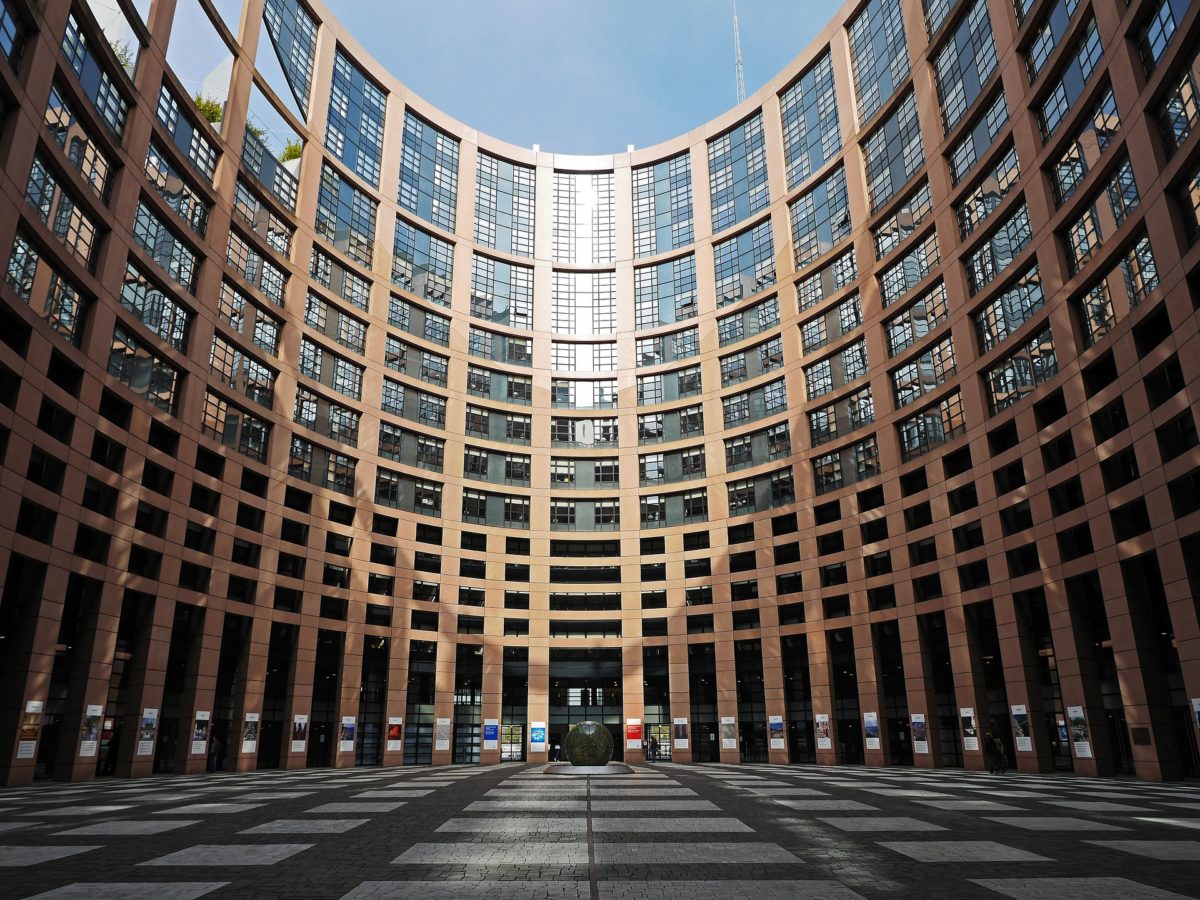Germany, Italy, Greece and Slovakia are joining a growing group of European Union member states supporting a 2050 carbon-neutrality target for the bloc. Information about the plan came from a leaked document which has been reported on by Euractiv, among others. The list of countries supporting a carbon-neutrality bill in Europe has now grown to 18.
France, Spain, the Netherlands, Belgium, Sweden, Portugal, Denmark, Luxembourg, Latvia, the U.K., Germany, Italy, Finland, Slovakia, Austria, Greece, Malta and Cyprus are now supporting legislation that prescribes carbon neutrality across Europe’s economies by 2050.
The continent's leaders have struggled to secure unified support for such plans, especially in eastern Europe, where the proposal has not received a warm welcome. At a high-level meeting held in March, Germany and Italy also refused to support such plans.
But that was before the European Parliament elections, which saw growing support for green parties across the bloc — particularly in Germany. The country's ruling government coalition, led by Merkel, has stumbled since the vote. Andrea Nahles, the caucus leader of the Social Democratic Party of Germany (SPD) in the German parliament, has stepped down, leaving the party with another leadership debate to resolve.
Things don’t bode well for the Christian Democratic Union of Germany (CDU) either, as the party has lost considerable support. In a recent opinion poll by Emnid and commissioned by Bild am Sonntag, the results suggest that Green Party leader Robert Habeck would be the most likely to move into the chancellor’s office if elections were held in Germany right now. The Green Party itself would take the largest share of the vote, at 27%, beating Merkel's CDU by 2%.
That would be reason enough for Merkel to pull the emergency cord and re-evaluate the position her government put forward in the March meeting. With Germany and Italy now on the ticket, the likelihood that such plans will be realized has grown significantly.
However, an east-west divide persists on the matter with Romania, Bulgaria, Hungary, Czech Republic, Croatia, Slovenia, Estonia and Lithuania yet to show support for a 2050 carbon-neutrality plan. Poland, in particular, is expected to be resistant, as the country generates 80% of its energy from coal. A considerable portion of its labor force is also employed in the coal industry, from mining to generation.
Hungary and the Czech Republic are other countries that are dragging their heels over carbon-neutrality plans. The green party support that caused Germany to revise its position is not mutually shared in the eastern parts of Europe, in particular.
The European Council is holding a summit at the end of this week in Brussels that could kick-start efforts to establish a long-term climate strategy. Apart from Germany’s support, a range of indicators suggest that the EU will soon make a move on such a policy.
Finland’s new government has pledged support for carbon neutrality by 2035 and even carbon-negativity by 2050. The country is taking over the EU presidency and will likely push the 2050 carbon-neutrality agenda with more vim and vigor than its predecessor, Romania. Other member states have also spoken about individual carbon-neutrality plans. The U.K. government tabled such proposals in the House of Commons last week, with an anticipated carbon exit by 2050. France will likely follow suit this year, while the German government has acknowledged that it too will soon address the issue and discuss a carbon-neutrality date.
This content is protected by copyright and may not be reused. If you want to cooperate with us and would like to reuse some of our content, please contact: editors@pv-magazine.com.




3 comments
By submitting this form you agree to pv magazine using your data for the purposes of publishing your comment.
Your personal data will only be disclosed or otherwise transmitted to third parties for the purposes of spam filtering or if this is necessary for technical maintenance of the website. Any other transfer to third parties will not take place unless this is justified on the basis of applicable data protection regulations or if pv magazine is legally obliged to do so.
You may revoke this consent at any time with effect for the future, in which case your personal data will be deleted immediately. Otherwise, your data will be deleted if pv magazine has processed your request or the purpose of data storage is fulfilled.
Further information on data privacy can be found in our Data Protection Policy.